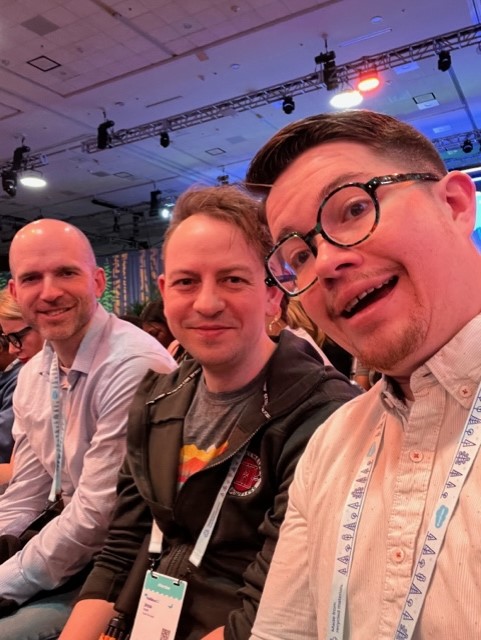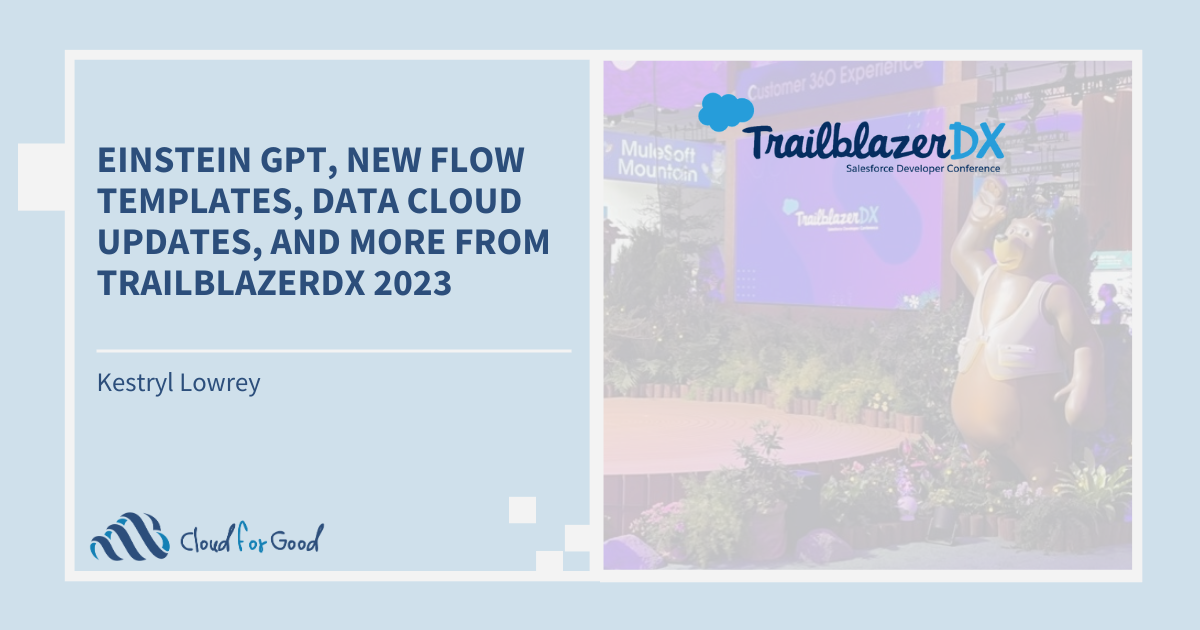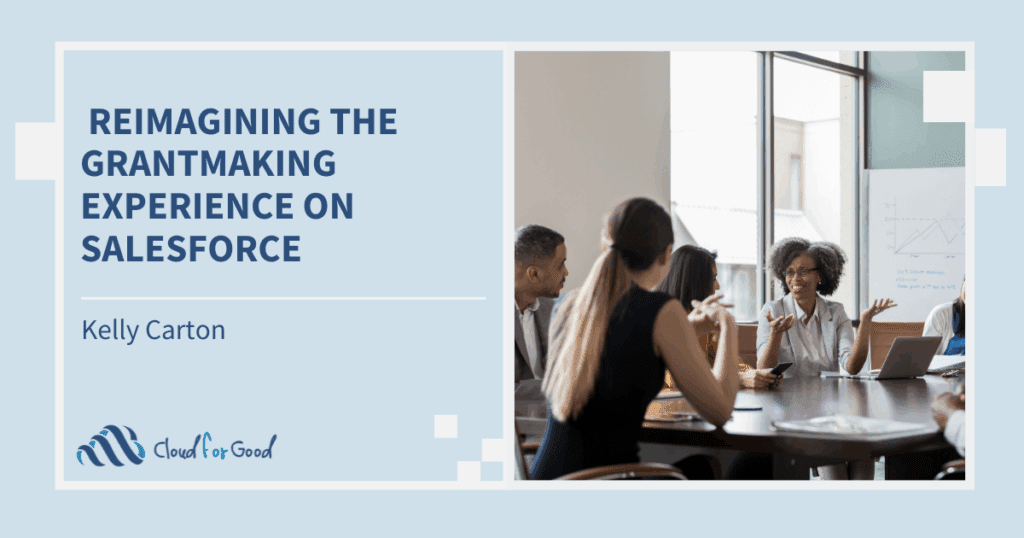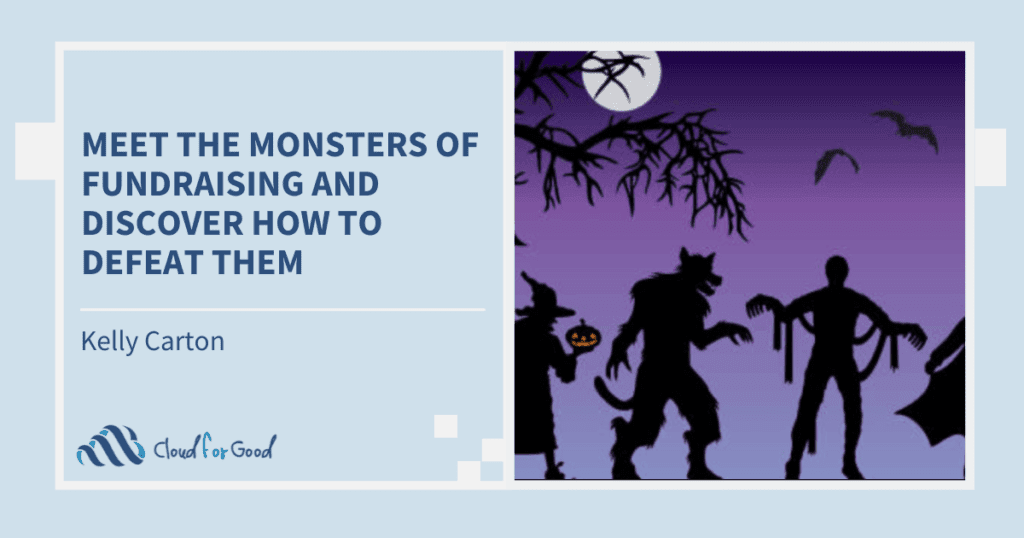TrailblazerDX (TDX) is described as Salesforce’s developer conference, but it has appeal and value for technically inclined people throughout the Salesforce ecosystem, from developers and architects to data consultants and digital specialists. The conference features announcements on what is up and coming for the core Salesforce platform as well as for additional solutions, such as Mulesoft, Tableau, and Slack.
Connectivity across systems and clouds and integrated, wraparound experiences are key themes of the presentations, emphasizing how an organization could leverage Salesforce, Marketing Cloud, Slack, Mulesoft, and Tableau for streamlined processes. Attendees are able to dig in with hands-on sessions and visit booths for deep dives into specific features and products.
Many of the keynotes and larger sessions from the conference are available for streaming on Salesforce+, so even if you weren’t able to join the live event, you can still watch the highlights. Members of Cloud for Good’s technical leadership team attended the conference to learn what’s next for Salesforce and identify ways that our clients can better leverage the platform. Here are their key takeaways and highlights from the event.

Einstein GPT makes a splash
The biggest announcement at the keynote was Einstein GPT, an artificial intelligence solution designed to accelerate CRM use cases. With ChatGPT challenging all of us to think about how AI fits into our world and processes, it was inspiring to see Salesforce provide practical applications of AI to help provide account summaries, draft emails, generate landing pages, and even create Apex controllers and test classes.
One interesting highlight of Einstein GPT is the ability to synthesize internal data from the CRM with public data available on the web and deliver narrative summaries and recommendations. While there are no detailed specifics available yet on how Einstein GPT will interact with data security within an org, a demo presenter assured us that recommendations provided to a user would only access data available to that user within the org’s sharing model.
The possibilities of Einstein GPT will provide opportunities for organizations to re-evaluate their business processes and determine what tasks could be supported by AI. The tool is best suited to streamline and automate repetitive tasks that are high effort but low decision-effort or to collect and organize information in a way that simplifies decision-making for a user. Einstein GPT will not replace users’ critical engagement with data or processes but will allow them to devote more time and focus to strategic efforts.
Hands-On Platform Experience

With hands-on training sessions, challenges, and mini-hacks, TrailblazerDX provides multiple opportunities to get hands-on keyboard exposure to different parts of the platform and can provide an accessible format for learning more about the technology. Trailhead provides many opportunities to learn more about different features and capabilities on Salesforce, and TrailblazerDX builds on this with guided sessions to help participants delve even deeper into the platform. While the hands-on opportunities didn’t let us directly explore Einstein GPT just yet, there was a featured Trailhead badge to learn more about the new tool.
Another platform highlight announced at the conference was that over 900 new Flow templates are available out of the box to support faster build for automating processes aligned with best practices. These templates can be tailored to align with organization-specific business processes and give a starting point for anyone building automations on Salesforce. While the templates do not specifically target nonprofit or higher ed use cases, many of the capabilities supported around case creation, opportunity management, and constituent engagement align well with common nonprofit and education business processes. This new flow template library was announced alongside a new Salesforce mascot: Flo, the flying squirrel!

A roadmap session on security and record sharing revealed some upcoming features that will be valuable for organizations that want to granularly manage access to data. New features expected in upcoming releases include criteria-based field access, user access policies, and metadata grouping for delegated administration. Along with expansions in supported objects for restriction rules, these advancements on the platform will support orgs in strategic security models that keep data safe while providing users with the specific access they need to be successful in their role.
Digital Developments
Marketing Cloud and digital themes recurred throughout TDX, ranging from integrations with Einstein GPT to leveraging Data Cloud to segment audiences and support personalization. While there were not many sessions targeting Marketing Cloud developers (make sure to tune in to Connections 2023 for those!), attendees were excited to learn about a new and improved Mobile Push SDK, as well as improvements to the Package Manager. Additionally, new external call and webhook features in Marketing Cloud Account Engagement (Pardot) can be utilized in Engagement Studio.
Data and Integrations
A highlight of the True to the Core session with Parker Harris was the announcement of five free Salesforce Integration User licenses for all Enterprise, Performance, and Unlimited Edition orgs. These API-only licenses will support better security practices for service accounts, reducing the risks of running multiple integrations through a single user in an attempt to reduce licensing costs. Dedicated users for each integration will support better control and visibility of integrations to Salesforce.

Salesforce continues to invest in and promote solutions for working with large volume and off-platform data. Data Cloud—which you may have previously heard described as Genie—is here to help gather, analyze, and segment data and make it actionable from across your landscape. Integrations via Mulesoft and visualization through Tableau allow users to fully leverage data assets, instead of having to put high manual effort into reviewing data kept in separate silos.
Data Cloud has options for no/low-code ingestion and organization of data, including data streams and calculated insights, as well as pro-code options for interacting with data cloud via Direct APIs, Connect APIs, Metadata APIs, and web and mobile SDKs. Additionally, Data Cloud supports connections into Journey Builder in Marketing Cloud, allowing for more robust experiences and segmenting. Data Cloud will be a powerful data unification tool, with integration across the suite of Salesforce products for powerful segmentation, automation, and a 360-degree view of constituents.
Mulesoft continues to develop and expand the capabilities of Mulesoft Composer, an admin-friendly integration tool. The team is continuing to expand the connectors available and has the goal of providing an accessible integration solution that can support simpler use cases that do not require the full power of Mulesoft. Integrations continue to be critical to the cross-system experiences and streamlines processes that Salesforce enables, and it is encouraging to see Mulesoft continue to better integrate into Salesforce’s ecosystem.
Overall, TrailheadDX provided an opportunity to learn more about exciting new developments on the platform and think strategically about digital transformation. If you’re curious about any of the new announcements from TrailheadDX and how they could improve your organization’s business processes and efficiency, please contact us to start a conversation about your vision.





